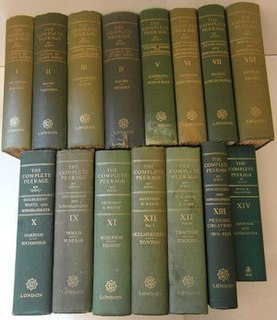 W
WThe Complete Peerage is a comprehensive and magisterial work on the titled aristocracy of the British Isles.
 W
WAn Essay on the History of Civil Society is a book by Scottish Enlightenment philosopher Adam Ferguson, first published in 1767. The Essay established Ferguson's reputation in Britain and throughout Europe. In the second section of the third part of the Essay discussing the history of political establishments, Ferguson states "Every step and every movement of the multitude, even in what are termed enlightened ages, are made with equal blindness to the future; and nations stumble upon establishments, which are indeed the result of human action, but not the execution of any human design."
 W
WThe History of Orkney Literature is the first book by Scottish academic Simon W. Hall. The book was first published in May 2010 by Edinburgh-based publisher John Donald, an imprint of Birlinn Limited. It was joint winner of the 2010 Saltire Society First Book Award.
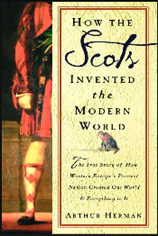 W
WHow the Scots Invented the Modern World: The True Story of How Western Europe's Poorest Nation Created Our World & Everything in It is a non-fiction book written by American historian Arthur Herman. The book examines the origins of the Scottish Enlightenment and what impact it had on the modern world. Herman focuses principally on individuals, presenting their biographies in the context of their individual fields and also in terms of the theme of Scottish contributions to the world.
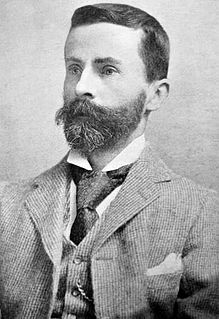 W
WFrancis Hindes Groome, son of Robert Hindes Groome, Archdeacon of Suffolk. A writer and foremost commentator of his time on the Romani people, their language, life, history, customs, beliefs, and lore.
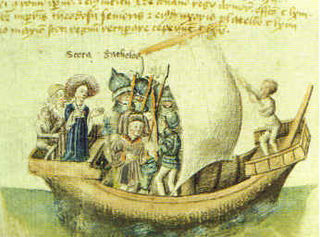 W
WThe Scotichronicon is a 15th-century chronicle or legendary account, by the Scottish historian Walter Bower. It is a continuation of historian-priest John of Fordun's earlier work Chronica Gentis Scotorum beginning with the founding of Ireland and thereby Scotland by Scota with Goídel Glas. Queen Scota's name means "blossom" in Irish and Scottish Gaelic. Scotti was once a synonym for Irish, indicating that they are "people of the blossom," or descendants of Queen Scota.
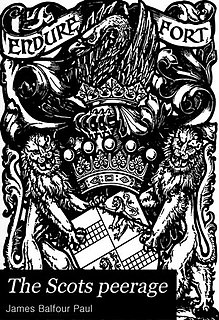 W
WThe Scots Peerage is a nine-volume book series of the Scottish nobility compiled and edited by Sir James Balfour Paul, published in Edinburgh from 1904 to 1914. The full title is The Scots Peerage: Founded on Wood's Edition of Sir Robert Douglas's Peerage of Scotland, containing an Historical and Genealogical Account of the Nobility of that Kingdom.